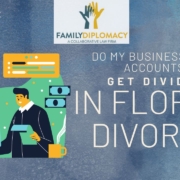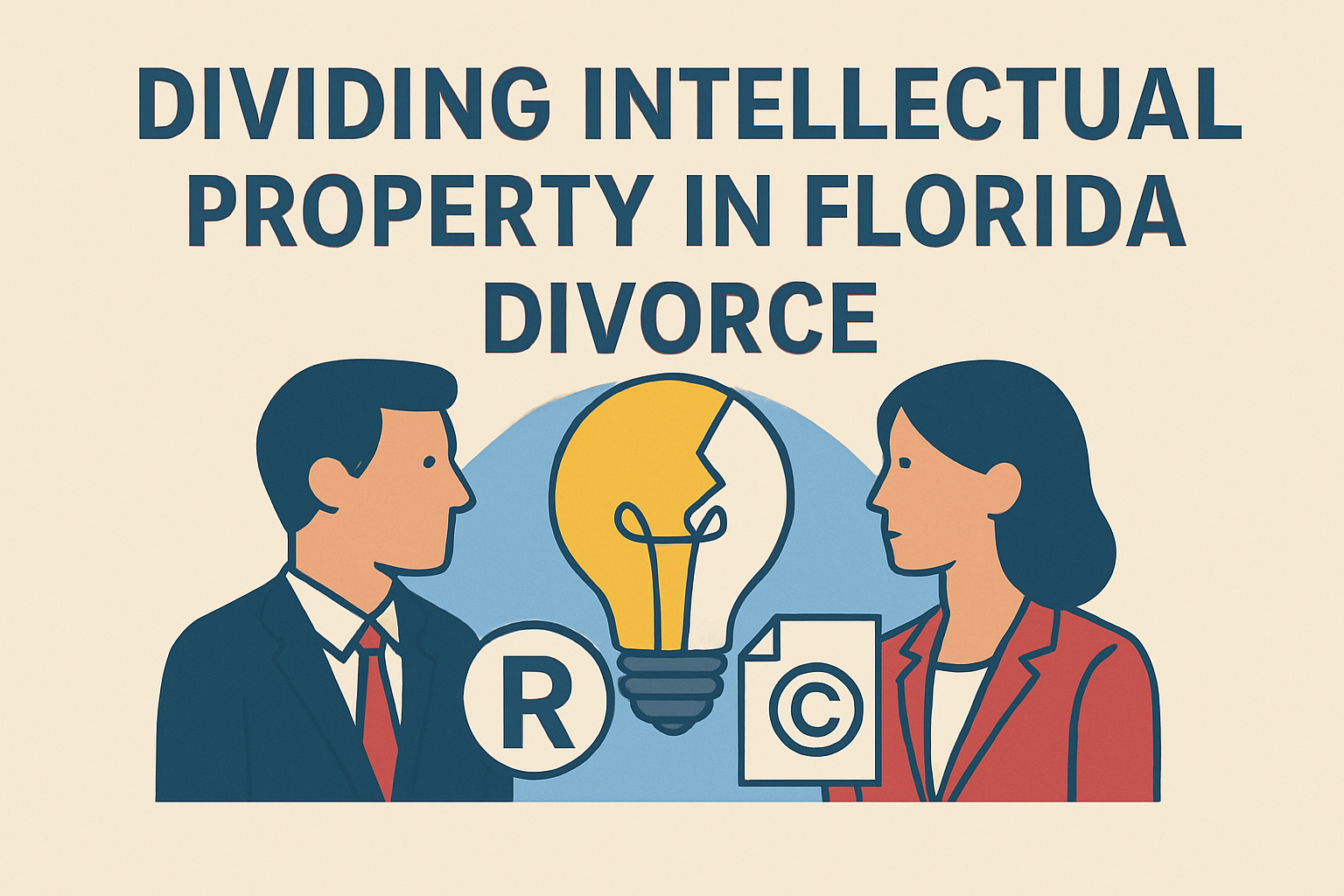Should You Divorce During a Down Market? Understanding the Pros and Cons
How market volatility, long-term investing, and the Collaborative Divorce process intersect
When the markets drop, your investments, retirement accounts, and even business valuations may look very different than they did just a few months ago. If you’re considering divorce in a time like this—especially after recent economic turbulence and tariffs—it’s natural to feel uncertain. But believe it or not, there may be strategic advantages to divorcing during a down market, particularly if you approach the process thoughtfully.
✅ Pro: A Unique Opportunity for Buy-and-Hold Investors
If you’re a long-term investor who believes the market will eventually recover (as history suggests it usually does), a down market may present a silver lining. Here’s why:
Let’s say part of your marital estate includes mutual funds, ETFs, or stocks that have dipped in value. If you receive those investments as part of your divorce agreement, you’re essentially getting more shares at a lower “price tag.” Over time, if the market rebounds, those shares may significantly increase in value—benefiting you in the long run.
In other words, if you’re a buy-and-hold investor, receiving a larger portion of your share of marital assets in investments during a downturn could position you well for future growth. You’re not just accepting lower-value assets—you’re planting seeds for potential recovery and wealth.
⚠️ Con: Lower Valuations Can Lead to Complications
Of course, not everything is rosy in a down market. If your marital assets include real estate, business interests, or retirement accounts, their reduced value may cause concern. One spouse might feel they’re losing out if an asset is divided when its value is temporarily depressed.
Also, dividing investments or retirement accounts during a low point can create tension, especially if one party is more risk-averse. This is where fear and conflict can escalate—unless you have a process in place to manage it.
🤝 How Collaborative Divorce Can Help
In a traditional court-based divorce, you may find yourself locked in a tug-of-war over who “wins” and who “loses” financially. But in a Collaborative Divorce, you and your spouse commit to resolving issues together, outside of court, with the support of a professional team. Each of you have your own separate lawyers prohibited from taking your case to court and to give you independent legal advice, and there are usually also neutral specialists to help in finances and family dynamics.
Here’s how it helps in a down market:
- Customized Financial Scenarios: A neutral financial professional can work with both spouses to explain investment values, simulate recovery scenarios, and suggest creative ways to divide assets based on both of your interests and risk tolerances—even in uncertain times.
- Avoiding a Fire Sale: Collaborative teams counsel you to maintain the status quo until there is an agreement to do otherwise, which can help you avoid the rush to liquidate investments, allowing you to stay true to your long-term financial strategy.
- Preserving Relationships: Especially important if you’re co-parenting, Collaborative Divorce helps you reduce stress and focus on your future, not just your fears.
👤 Led by a Trusted Collaborative Professional
Adam B. Cordover is a leader in Collaborative Divorce, having trained lawyers, financial professionals, and mental health experts throughout the U.S., Canada, Israel, and France. He also co-authored Building a Successful Collaborative Family Law Practice, a book published by the American Bar Association. With deep experience in complex financial matters, Adam can help guide you through divorce in a way that protects your goals and honors your long-term financial values.
💬 We Can Help
If you’re facing divorce during a volatile market, you’re not alone—and you have options. We can help you make informed, thoughtful decisions that protect your future. Contact Family Diplomacy: A Collaborative Law Firm by clicking the button below.
Family Diplomacy: A Collaborative Law Firm has a virtual practice and represents clients in South Florida, Central Florida, and North Florida. We also have offices in Tampa, St. Petersburg, and Sarasota.











